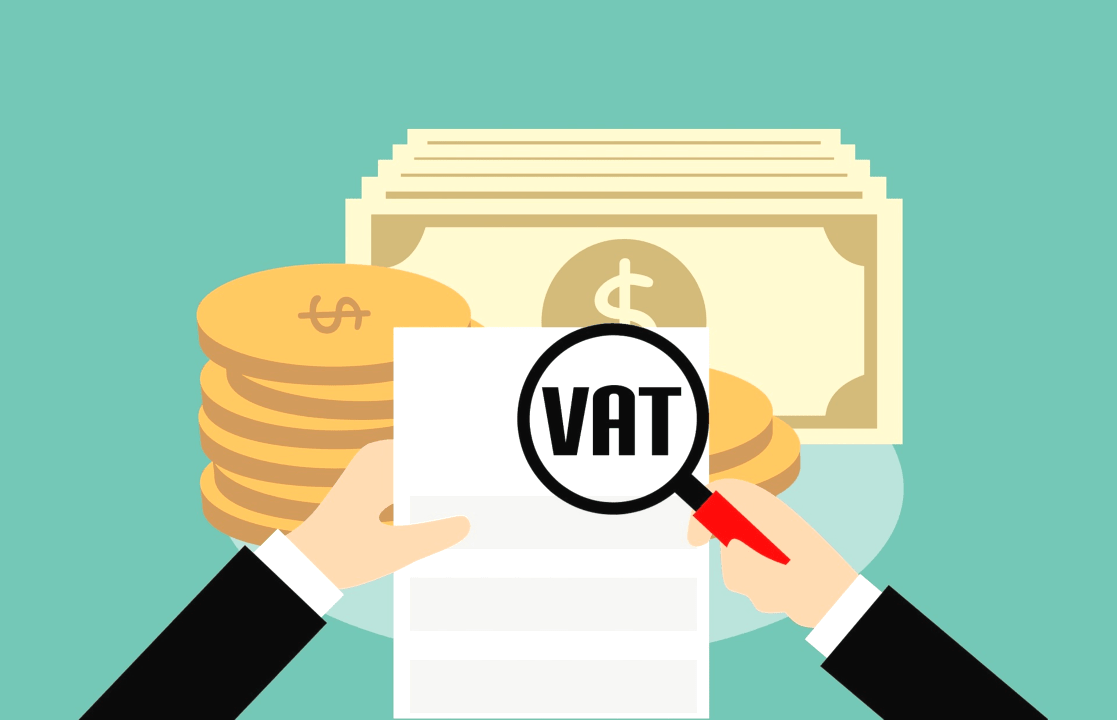On December 14, 2023, the Court of Justice of the European Union (CJEU) delivered its final judgment in favour of Amazon and Luxembourg, dismissing the European Commission’s appeal against a previous ruling by the General Court. The case (C‑457/21 P Commission v Amazon.com and Others) is centred around the legality of royalty payments made by a Luxembourg operating company (LuxOpCo) to a Luxembourg partnership (LuxSCS).[1]
Factual Background
The controversy involved the arm’s length nature of a royalty paid by LuxOpCo to LuxSCS for the use of intangibles, confirmed as arm’s length by a 2003 tax ruling from the Luxembourg tax authorities. In fact, the Luxembourg tax authorities had previously affirmed these payments as being arm’s length based on the transactional net margin method (TNMM). The Commission, however, challenged this arrangement, claiming it unduly reduced LuxOpCo’s tax base. The General Court, however, found faults in the Commission’s analysis and annulled its decision, a ruling now upheld by the CJEU.
CJEU’s Judgement and Reasoning
The CJEU sided with Amazon and Luxembourg based on reasoning related to the applicable reference framework for assessing if a selective advantage was granted. In particular, the court held that OECD transfer pricing guidelines could not form part of this framework as Luxembourg law did not explicitly refer to or implement these guidelines. This approach follows the Court’s stance from the landmark Fiat judgment of November 2022. Despite noting errors in the General Court’s use of the reference framework, the CJEU agreed with the outcome, leading to the final dismissal of the Commission’s appeal.
Implications of the Judgement
This judgment has significant implications for the interpretation of state aid rules in relation to national tax rulings and the use of OECD guidelines in the EU’s state aid assessments:
- Reaffirmation of National Frameworks: The CJEU’s decision reaffirms the need to assess tax arrangements against the national legal framework, rather than directly enforcing non-binding OECD guidelines.
- Impact on Other Cases: This judgment aligns with previous decisions in similar cases like Fiat and ENGIE, setting a precedent that could influence pending cases, including the European Commission’s appeal in the Apple case.
- Guidance for Taxpayers: For companies and tax practitioners, the ruling provides important guidance on the relevance of OECD guidelines and the crucial importance of national legal references in structuring and defending transfer pricing arrangements within the EU.
Criticism
The European Commission’s decade-long campaign to curb tax avoidance through the use of competition powers is facing challenges as reflected in a series of recent court judgments. As the Commission approaches the final year of its mandate, the effectiveness of its strategies in combating tax avoidance using competition laws seems uncertain. Despite this, the campaign has had notable impacts on awareness and political pressure.
Launched in 2013 and galvanized by the LuxLeaks revelations, the European Commission initiated a series of investigations targeting tax arrangements of well-known corporations including McDonald’s, Apple, and Ikea (see the chart below). These probes were part of a broader effort to ensure that all companies pay their fair share of tax and do not gain unfair competitive advantages through selective tax breaks.
Source: Euronews, January 2024[2]
Recent court judgments, including those involving Amazon and Luxembourg, have raised questions about the Commission’s use of competition laws to address complex tax arrangements. The courts have emphasized the primacy of national legal frameworks and the role of OECD guidelines, challenging the Commission’s approach and interpretations. As a result, the future direction and effectiveness of the Commission’s campaign against tax avoidance are currently viewed as murky by various observers.
Despite the legal setbacks, the campaign has significantly raised awareness about the issue of tax avoidance and its impact on fair competition within the EU. It has spurred public and political debate, leading to increased scrutiny of multinational corporations’ tax strategies and the need for more robust and harmonized tax rules within the EU and globally. The heightened awareness has also translated into political pressure, prompting discussions and initiatives aimed at reforming the international tax system and closing loopholes.
“Amazon got an early Christmas present this year, as the company dodged its decade-old tax bill to Luxembourg and can continue to do so. This is why the EU must come forward with real tax reforms. It can start by not looking the other way when it comes to tax havens within its borders allowing companies to sidestep their tax bills through empty offices” said Chiara Putaturo, Oxfam EU tax expert who criticised the CJEU decision.[3]
Sources
-
https://curia.europa.eu/juris/document/document.jsf?text=&docid=280624&pageIndex=0&doclang=EN&mode=req&dir=&occ=first&part=1&cid=2889656 ↑
-
https://www.euronews.com/business/2024/01/02/anti-tax-avoidance-campaign-delivered-just-not-in-court ↑
-
https://www.reuters.com/technology/eu-top-court-rejects-250-mln-eu-tax-order-amazon-2023-12-14/ ↑





